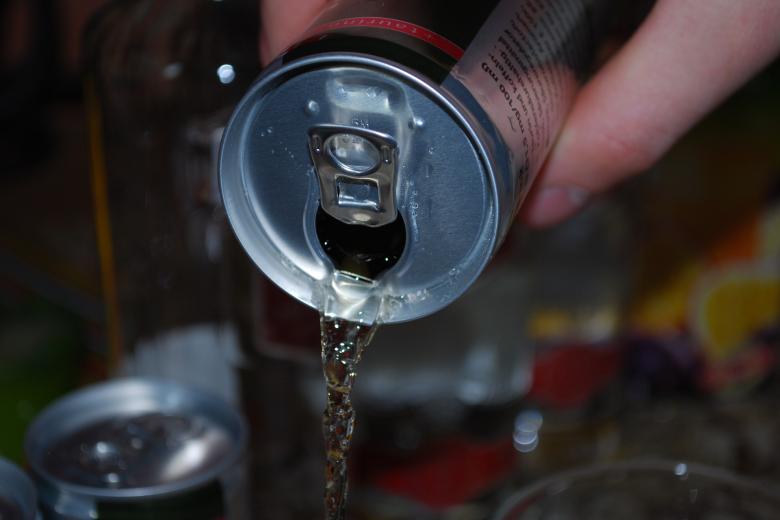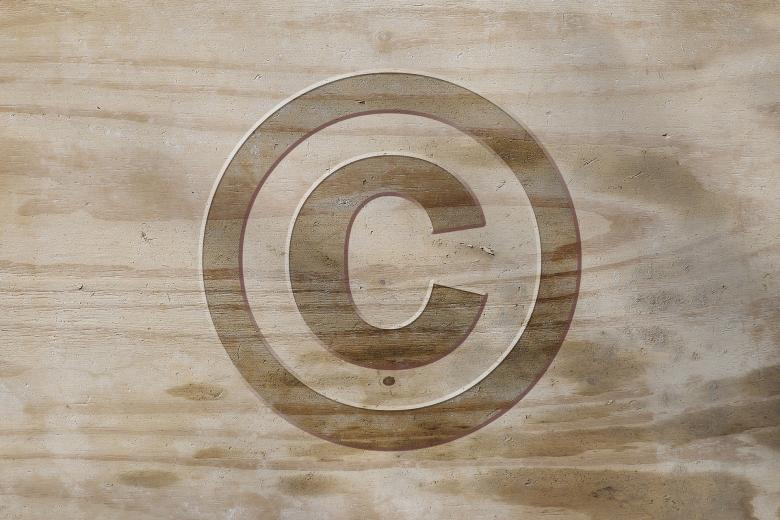Trade marks trolls: how to prevent abusive practice?
When we talk about Trade Marks Trolls we don’t mean the ugly creature that might come to your mind. Instead, we speak about practices that constitute an abuse of trade mark law. So, how to defend yourself against such behaviour?
Normally, trade marks are used as an indication of origin. When they are not used to distinguish products from different undertakings but merely to extract profits, they are called trade mark trolls. We distinguish mainly two types: opportunistic trade mark registrations and trade mark bullies.
Opportunistic trade mark registrations
Applying for a trade mark that has already been registered in other countries or for different goods/services, with the purpose of extracting financial benefits is considered an opportunistic trade mark registration. Once the rightful owner decides to expand their trade mark into these new jurisdictions, trade mark trolls require a license or purchase fee. Opportunistic trade mark registrations can include applying for a translated trade mark, a company name, domain name, logo, or even a colour used by a new or well-known mark.
Trade mark bullies
In contrast to the first case, it is the rightful owner of a trade mark that uses an aggressive approach to expand the rights conferred by trade mark law beyond the real scope of protection, by bringing actions against other companies that use the same or similar marks in other countries or unrelated areas. In this case, the trade mark owner “bullies” third parties by threatening them with litigation action in case they don’t stop using the mark. They aim to drive competitors out of the market, even though their use of the same or similar mark is legitimate in the other country.
Are trade mark trolls illegal in Europe?
Even though the trade mark system in Europe is based on the “first to file” system, and thus it allows trademark applicants to register a trade mark without an obligation to have used the mark before, the Court of Justice of the European Union (CJEU) has stated in several cases that a trade mark application made without any intention to use the mark in relation to goods and/or services constitutes bad faith.
In Sky and Others, the CJEU stated that a trade mark application filed with the intention of either undermining the interest of third parties, inconsistent with honest practice, or obtaining an exclusive right for a purpose other than those falling within the functions of the trade mark, will be considered an application filed in bad faith. An opportunistic trade mark can thus be considered as a trade mark filed in bad faith, and can be invalidated.
As regards trade mark bullies, the threat of litigation supported by an alleged intellectual property infringement, be it a false allegation or even an exaggerated truth with the purpose to cause disproportionate damage, can, pursuant to paragraph 3 of Art. 10 bis Paris Convention, constitute an act of unfair competition that is restrictive of free trade.
In most jurisdictions, unjustified threats are considered acts of unfair competition. Parties can take against such unjustified threats under sui generis legislation, acts of unfair competition in general, or according to the common law tort of interference with business relations and reputation, or goodwill.
Strategic considerations to prevent trade mark trolls
In order to prevent such behaviour, one should consider making a strategic plan and list all countries and goods/services that are of direct interest to one’s business. Then it is wise to first file a trade mark application with the office of residence/ place of commerce, and within 6 months from that application, an international trade mark application through the Madrid System, claiming priority from the first application, and listing all the countries that one wishes to expand to. Under the Madrid System, one can file one application for several countries by paying only one official fee, while the priority claim helps to establish rights in these countries before the date of application. In this way, any opportunistic trade mark application filed in these countries will be refused, provided the international application was made within the 6 month period.
Once one has obtained trade mark rights, conducting periodic knock-out global trade mark search to identify potential trade mark troll practices is essential. The Global Brand Database or TM view are available for that, or hiring a company to monitor the trade mark may be another option.
Finally, a lawyer should be consulted if faced with claims that are justified and what actions should be taken in case of an unjustified threat.
| Written by By Nensi Seferi, IPKM graduate 2020/2021 - More blogs on Law Blogs Maastricht |
-
When are foreign language terms descriptive and hence should be refused trade mark protection?
Recently, the General Court in the HELL coffee case has confirmed that a descriptive foreign language term (German word HELL) can be granted protection under EU trade mark law (Hell Energy v. EUIPO, T-323/20).

-
The art of claim drafting when protecting AI systems
With AI’s recent breakthrough in machine learning, now more than ever inventors are looking for ways to protect AI systems. But obtaining patent protection depends on the right claims.

-
Can copyright be extended eternally?
A new copyright reform (Music Modernization Act) was passed in the US Senate in 2018, comprising reforms on the term of protection for works played through online digital music services such as Spotify, Apple Music and Pandora. However, can copyright keep on being repeatedly extended? Is this...
